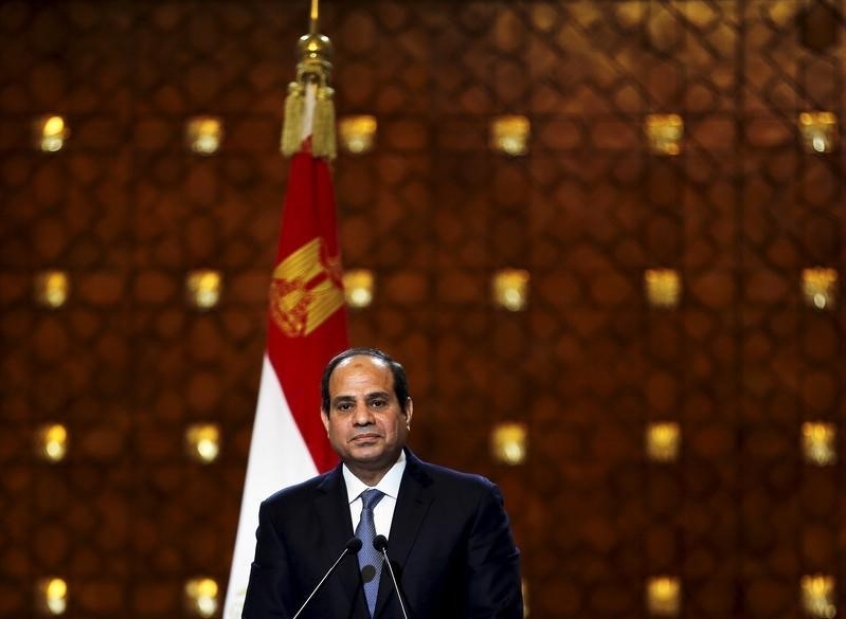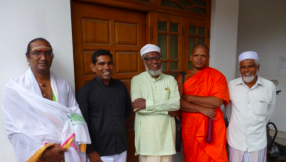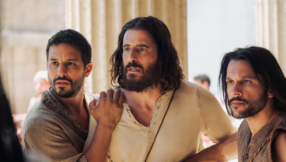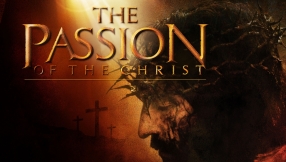
The status of Coptic Christians in Egypt remains in a dismal state, and President Abdel-Fatah el-Sissi has been accused of turning a blind eye towards the suffering in the ongoing Muslim-Christian tensions.
Sarah Yerkes, a visiting fellow in the Center for Middle East Policy and a Council on Foreign Relations International Affairs fellow, writes in an article for Brookings that Christians are being discriminated against in Egypt.
There is little Christian representation in the Egyptian government and because of this, there are continuous difficulties for the country's Christian community.
"On paper, Egyptians enjoy 'absolute' freedom of religion guaranteed by the 2014 constitution. But, the constitution also decrees Islam to be the state religion, and conversion to any religion other than Islam is prohibited," she says.
"Blasphemy is also punishable with harsh penalties and several high-profile blasphemy cases have been prosecuted under the Sissi government."
Just last month, 70-year-old Christian woman was beaten and dragged through the streets of Minya naked by an angry crowd because her son was suspected of having an affair with a Muslim woman.
"The Minya event has once again demonstrated the relative impunity of the Egyptian police, who failed to respond to earlier warnings of a violent, religiously-motivated attack and took hours to appear on the scene," she says.
Yerkes adds that Sissi appears outwardly supportive of Coptic Christians in Egypt, and this is why he is often praised by international bodies and the media. Sadly, she thinks Sissi is doing little in reality to end the violence met by Coptic Christians in Egypt.
"And little progress has been made on the reconstruction of churches that were damaged in the wave of sectarian attacks in 2013, despite government promises to do so," she continues.
Yerkes admits she is in general "pessimistic" about the Sissi regime; however, she did acknowledge "there are a few signs of hope."
"President Sissi's public statements, while they may be hollow, mean something in that they make it easier for civil society and advocacy organizations to hold the Egyptian government accountable to protect religious freedom," she says.













